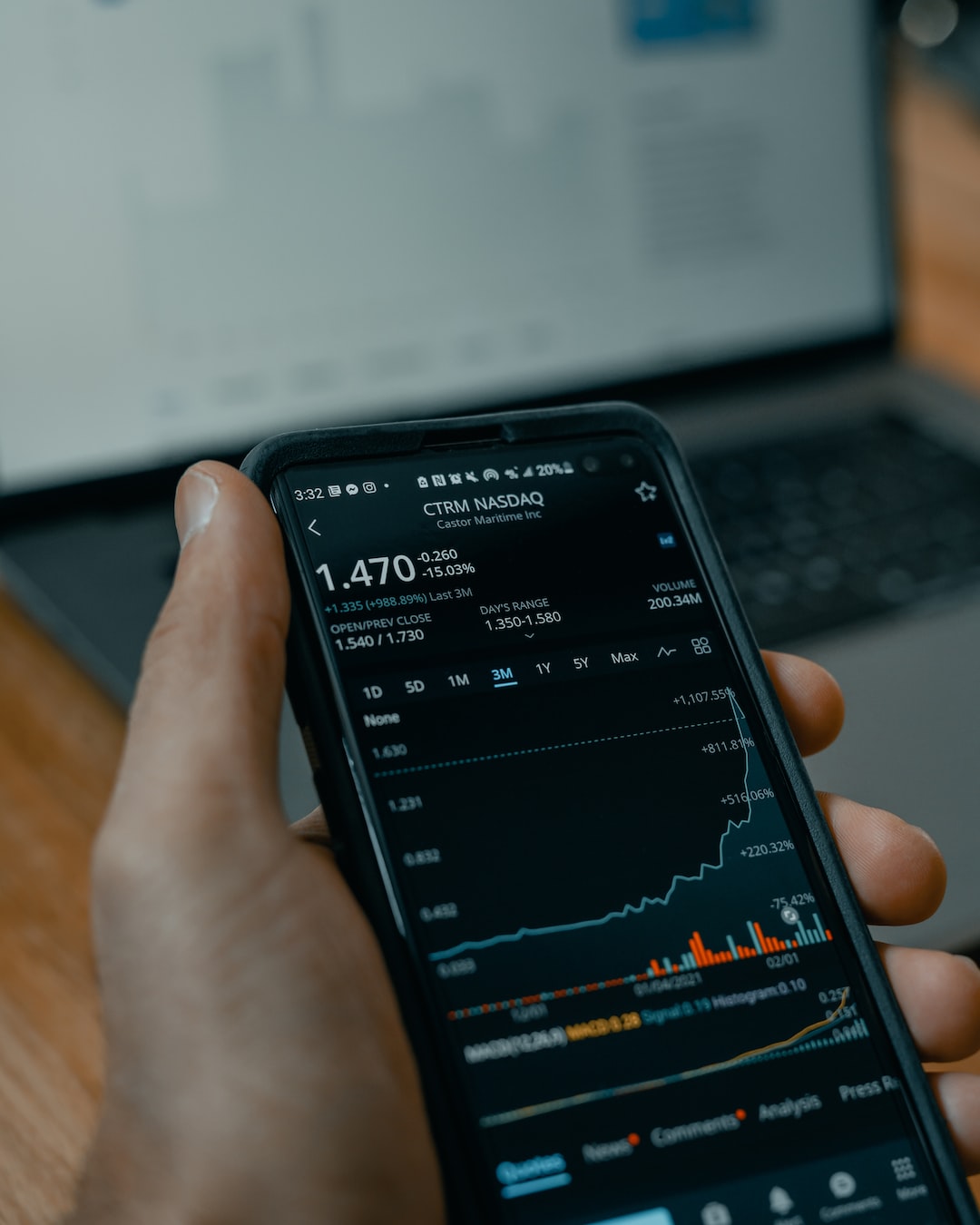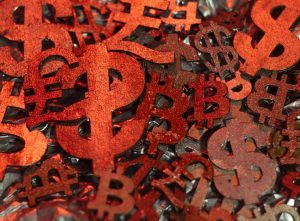Scalping is a popular trading strategy used in the foreign exchange market, also known as forex. The aim of this technique is to make small profits by taking advantage of the price movements of currency pairs in a short period. In this article, we will explore what scalping means in forex trading and how it works.
Scalping is a high-frequency trading strategy that involves opening and closing positions in a matter of seconds or minutes. Traders who use this technique are called scalpers. They are looking to make a profit on small price movements that occur frequently throughout the day.
To illustrate, a scalper may enter a buy position on EUR/USD at 1.1200 and exit the trade at 1.1205, making a profit of 5 pips (percentage in point). While this may seem like a small profit, scalpers aim to make multiple trades a day, which can add up to significant gains over time.
Scalping is different from other trading techniques, such as swing trading or position trading, which aim to profit from larger price movements over a longer period. Scalping requires fast decision-making, discipline, and a strict risk management plan.
Scalpers use technical analysis tools, such as chart patterns, indicators, and price action, to identify trading opportunities. They look for currency pairs with high liquidity and low spreads to minimize their trading costs. Scalpers also pay close attention to economic news releases and events that can cause volatility in the market.
One of the key characteristics of scalping is the use of leverage. Leverage allows traders to control a larger position with a smaller amount of capital. However, leverage also increases the risk of losses if the market moves against the trade.
Scalping is not suitable for all traders, as it requires a high level of skill and discipline. Scalpers must be able to make quick decisions under pressure, manage their emotions, and stick to their trading plan. They must also have a deep understanding of the market and its dynamics.
Scalping is a controversial trading strategy, as some traders view it as unethical or even illegal. This is because scalping can disrupt the market by creating artificial price movements and putting pressure on liquidity providers. Some brokers also prohibit scalping or impose restrictions on it, such as minimum holding times or maximum trade sizes.
In conclusion, scalping is a trading strategy that aims to profit from small price movements in the forex market. It requires fast decision-making, discipline, and a strict risk management plan. Scalpers use technical analysis tools and pay close attention to economic news releases and events that can cause volatility in the market. While scalping can be profitable, it is not suitable for all traders and can be controversial.





